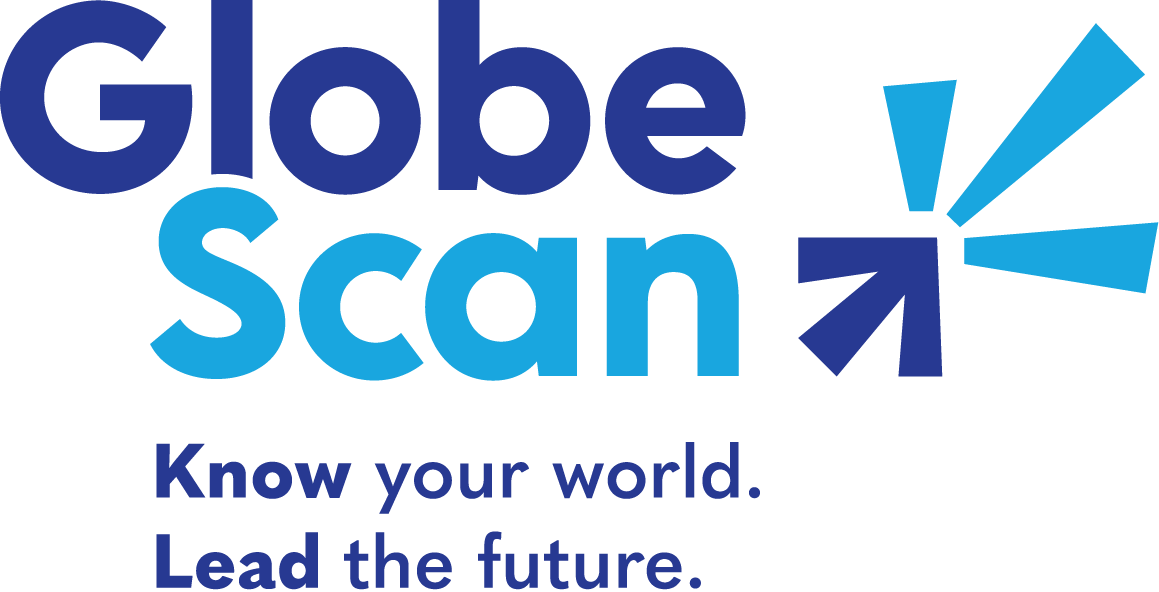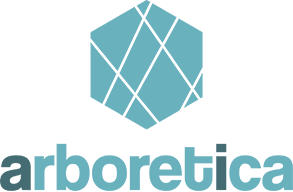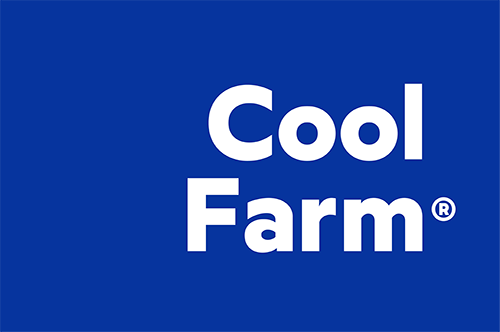The GREENGROCER consortium consists of 22 partners from 9 European countries. The consortium includes the organisations and people behind key food footprint models, including the trase.earth platform, FABIO, EXIOBASE, and HESTIA. It also includes organisations contributing to European policy, standardisation efforts, and organisations collaborating with a wide network of food system actors, open science experts, AI experts, and strategy consultants working with large food producers in Europe.
NILU is an independent non-profit research foundation. NILU has coordinated or participated in many international environmental research projects and in more than 220 EU-FP R&D projects, including responsibilities for FAIR databases in several large infrastructures, e.g., ERIC Actris. NILU works along open science principles with large societal contact as well as utilising e.g., citizen science approaches as research methods. NILU has important tasks on the science/policy interface supporting the Air Convention or the European Environment Agency (EEA) by leading the European Topic Centre on Health and Environment (ETC/HE) and contributing to the ETC on Climate change mitigation (ETC/CM) and Digitalisation (ETC/DI). NILUs scientists working on environmental impacts and sustainability (covering a.o. LCA/MRIO and economic methods), digitalisation (AI and machine learning, app development), and atmospheric sciences (emissions database hosting, satellite measurement, source-receptor modelling, inverse modelling) are all contributing to GREENGROCER.
NILU Klimat- och miljöinstitutet AB is a wholly owned subsidiary of NILU whose activities focus on bringing holistic system science perspectives to society and industry using methods of applied environmental systems analysis i.e. life cycle management and life cycle assessment, as well as mission driven transition management, policy and multi-level governance innovation. The team has a diverse background in applying system sciences, Life Cycle Assessment and policy and governance innovation in companies and public stakeholders such as Volvo Cars, Arla Foods, Tetra Pak, Viable cities, and Urban Water Management.
ULEI's Institute of Environmental Sciences (CML) is a pioneer in the field of Industrial Ecology (IE), developing and applying tools such as LCA, MFA, and EEMRIO. It co-created the EEMRIO model EXIOBASE and has coupled it with the FABIO model to explore impacts of food systems over the entire global economy. It also has extensive experience in scenario analyses. ULEI will lead WP3 on actor-level footprinting, following their expertise in combining IE methods to assess food system transition pathways at scale.
The Sustainable Consumption and Production (SCP) team is based at the University of York (UoY) and is part of SEI York, one of the Stockholm Environment Institute’s international centres. Bringing together expertise in ecology and environmental science, mathematics, life cycle analysis, qualitative research methods and political economy, the team contributes to Trase through supply chain mapping and stakeholder engagement to support zero-deforestation and low-carbon trade. It also has strong experience developing food-linked indicators for biodiversity and land-use change. The team’s hybrid MRIO framework (IOTA) has been applied in UK national statistics and in the CBD monitoring framework through the Global Environmental Impacts of Consumption (GEIC) indicator.

GlobeScan (GLOBE) is an independent, international insights and strategy consultancy with over 35 years of experience in conducting research on sustainability across the world. GlobeScan conducts bespoke consumer research with companies, NGOs, governmental organisations and industry bodies (for example, ASC, Coca Cola, Danone, Fairtrade, IFBA, IKEA, McDonald’s, MSC, Nestlé, Pepsico, UNEP, Unilever, WWF). We also have two decades of experience in stakeholder consultations, surveys, convenings and engagement (including a bespoke online collaboration forum with Unilever involving hundreds of stakeholders across the world).
The Stockholm Environment Institute (SEI) is an international non-profit research and policy organisation that tackles environment and development challenges, established in 1989. SEI has its headquarters in Stockholm and centres around the world, including SEI York, which is based at the University of York in the UK. SEI’s work includes developing data and decision-support platforms such as Trase, Global Shipping Watch and the GSAP dataset, which will be used in WP1, with associated datasets integrated into the GreenGrocer repository.
The University of Oxford (OXFORD) is a world-leading centre of learning, teaching and research and the oldest university in the English-speaking world. Oxford was ranked first in the world in the Times Higher Education World University Rankings for the past 8 years. The HESTIA project began in 2019, and is already world leading in food sustainability research. Our team regularly engages with industry, policy-makers and farmers – all of whom come to us for our input.
INESC TEC is a private non-profit research association,
with Public Interest status, dedicated to scientific
research and technological development, technology
transfer, advanced consulting and training, and
pre-incubation of new technology-based companies. As an institution operating at the interface of the
academic and business worlds, bringing closer
together academia, companies, public administration,
and society, INESC TEC typically applies the
knowledge and results generated as part of its
research in technology transfer projects, seeking
value creation and immediate social relevance.

Arboretica
Arboretica started based on the belief that everyone should be benefited from open data.
By combining our unique skillsets in network intelligence with domain expertise, our mission is to make data-driven decisions more accessible, easier and faster.

Members of the Cool Farm Alliance are united by the need for reliable, consistent and easy accessible data to calculate their environmental impact. The Cool Farm Tool does just that and provides standardised metrics for greenhouse gases, biodiversity, water use, and food loss and waste. These metrics are based on peer reviewed research and a wide range of published data and IPCC methodologies ensuring your calculations are accurate.
Climate & Company helps make sustainable finance and climate policy work in practice.
We work with companies, in particular SMEs and financial institutions in
Europe, and with governments and corporate stakeholders in EU
partner countries.
Our focus is always on the most sustainability-critical
and value chains.
We have deployed our policy, finance and data expertise to
help shape multiple sustainable finance and trade-related
EU policies. Lately, we have focused for example on the
European Deforestation Regulation (EUDR) the CSDDD,
CSRD, SF Taxonomy and CBAM.
The University of Latvia (ULAT) is one of the leading research universities in the Baltics. Researchers at ULAT are experienced in LCA modelling and system dynamics modelling of environmental systems. The research experience is particularly focused on systems of non-traditional biomasses, such as seaweed, which includes exploring their potential in the circular blue bioeconomy.
Kristianstad University (HKR) in the south of Sweden as well as in one of Sweden's most important regions for food. Within the research group MEAL (Food and Meals in Everyday Life) there is a strong focus on future food, specifically on insects, seaweed, heritage cereals, cold climate wine, etc. which we will bring to bear in the project.
Chalmers University of Technology (CHALMERS) is No1 in Europe in the Leiden university ranking system, and has a focus on university - industry collaborations. We started to work on cultivated meat in 1997 and were pioneers in Sweden in this area, and today have a broad network within the cultivated meat sector.
Bergische Universität Wuppertal (BUW) is a public university in the Western part of Germany founded in 1972. It has six core research areas, one of which focuses on interdisciplinary research on the topics of environmental systems and economic, ecological and social sustainability, with a focus on combining natural sciences, various engineering disciplines and social sciences. BUW serves the entire chain of knowledge production, from basic research to the development of application-orientated products and high-tech processes to efficient and sustainable systems in cooperation with industry.
The Centre National de la Recherche Scientifique (CNRS) is France's national center for scientific research.
Carole Dalin is a CNRS Researcher at École normale supérieure in the Department of Geosciences,
where she lead the European Research Council Starting
Grant FLORA: “Sustainable and healthy food solutions:
system dynamics and trade-offs”. She is also
an Associate Professor in Sustainable Food Systems at
the University College London, in the Institute for
Sustainable Resources.
The Ecological Systems Design Group (ESD) of ETH Zurich develops cutting-edge decision support methods for sustainable production and consumption, and assesses environmental performance of products, new technologies and consumption patterns from a systems perspective. A current focus is on biodiversity impact assessment of agriculture and forestry products in an LCA context. Ongoing research projects will provide the basis for the main contribution in WP1, incl. the Horizon Europe projects BAMBOO, SUSTAIN and BIOTRAILS.
Départ de Sentier (DDS) is a Swiss association to promote open sustainability science. It has organised multiple Autumn Schools, and the annual Brightcon conference since 2020. In 2024 it is hiring the creator of the Brightway LCA software framework and the former software team lead of ecoinvent to bring data and computer science expertise to the LCA community through free and open source software, services, and platforms.
At ZHAW (Zürcher Hochschule für Angewandte Wissenschaften) we combine expertise from Life Cycle Assessment, Food Technology, and nutrition and use it to build models of entire food value chains.
Tetrapak (TETRA) is a world leading food processing and packaging solutions company. Working closely with our customers and suppliers, we innovate to provide access to safe, nutritious food for hundreds of millions of people in more than 160 countries, while striving to reduce our environmental footprint. Tetra Recart® is a modern, innovative, sustainable food packaging for canned food.
Santa Maria AB (SANTAMAR) is the largest seasoning company on the Nordic market. Santa Maria is part of the family-owned food and beverage company Paulig group. Paulig provides all things tasty; coffees and beverages, Tex Mex and spices, and snacks. The company's brands are Paulig, Santa Maria, Risenta, and Poco Loco. Paulig has over 2,000 passionate employees in 13 different countries working around the purpose For a life full of flavour.